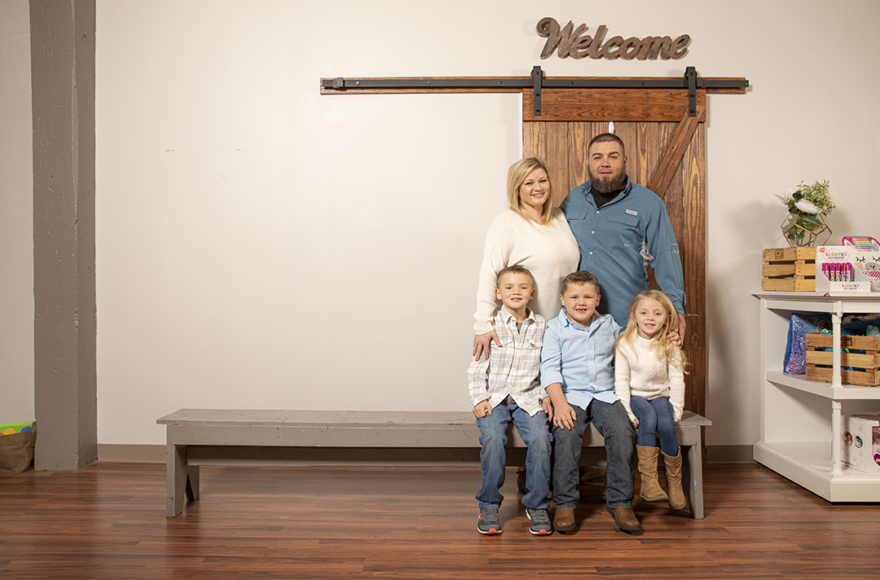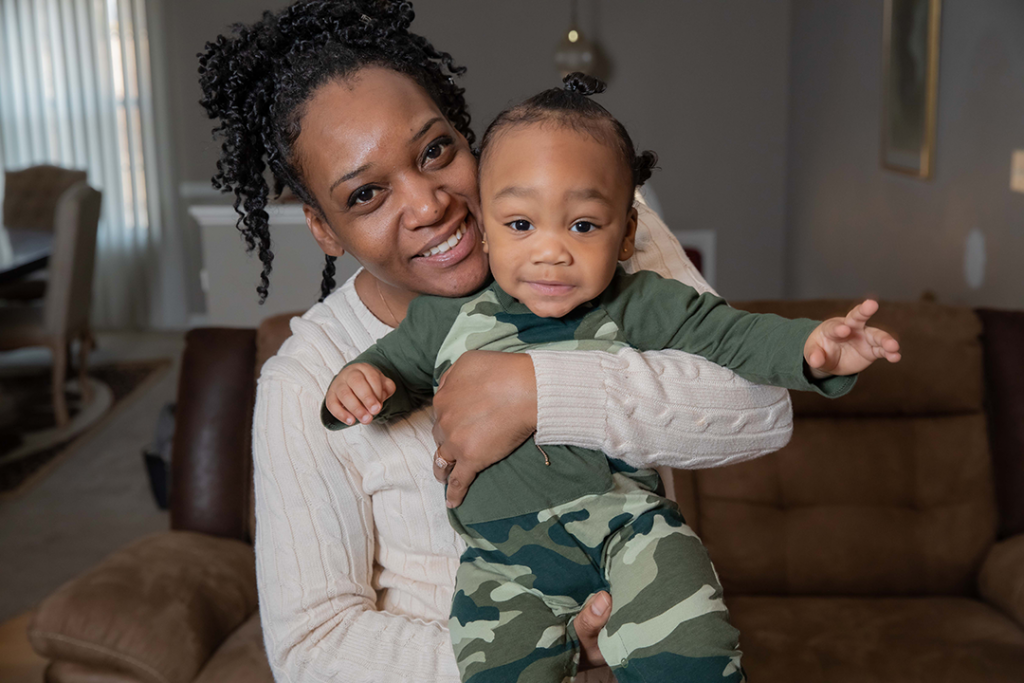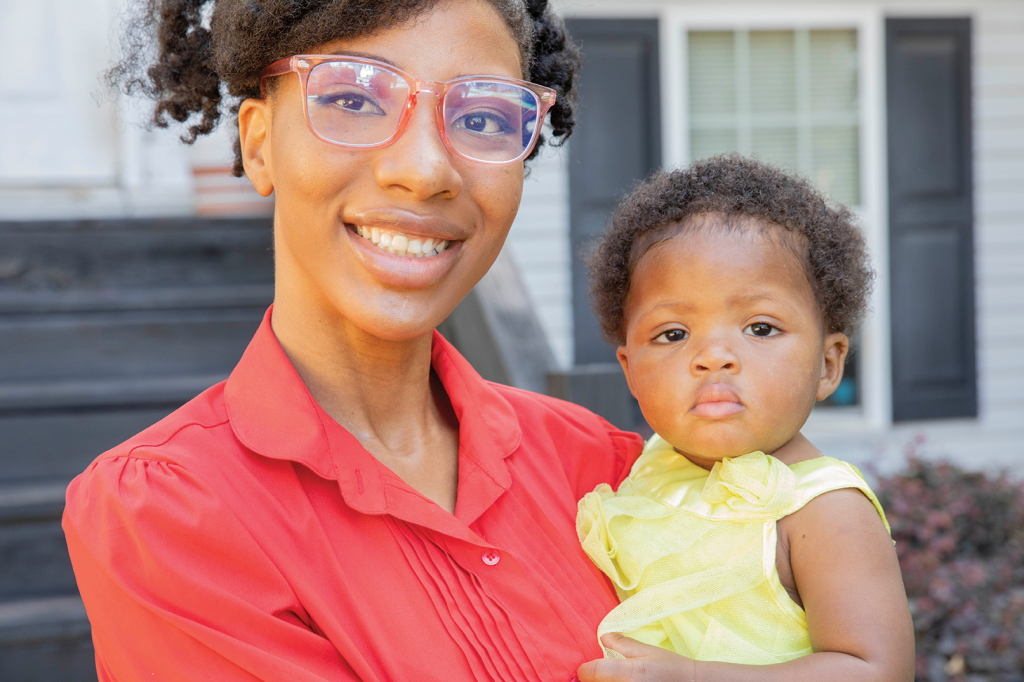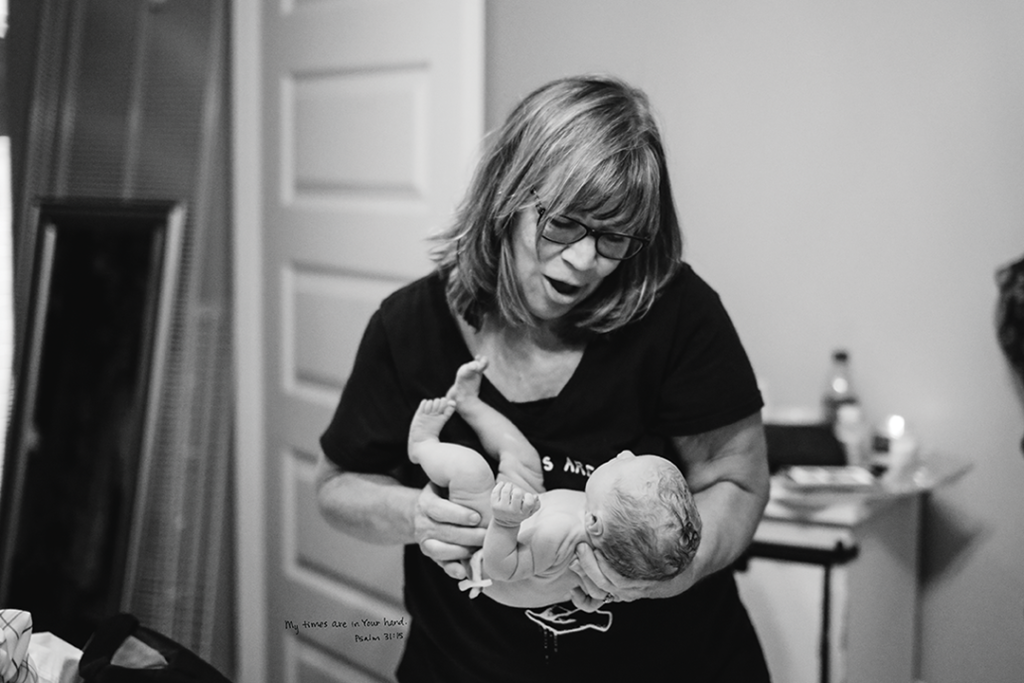The neonatal intensive care unit at Piedmont Newton Hospital—and the nurses and physicians who staff it—has been nothing short of a Godsend for parents of premature children.

When Doyle and Pam Smith found out they were expecting twins in 2014, their doctor told them to be prepared for the possibility of one or both babies spending time in the neonatal intensive care unit (NICU). However, as the pregnancy progressed, everything was going so well that the Covington-based couple never gave it much thought. Everything changed one hot Sunday in July, as the family boated on Jackson Lake.
“I was so emotional that day,” Pam said. “I was laughing one minute and angry the next. I kept having contractions, but I thought they were just Braxton-Hicks [practice contractions].”

Pam continued to feel strange, so she made an appointment to see her doctor the following day. It was July 14. It turned out that what she thought were practice contractions were actually the real thing. She was sent to Piedmont Newton Hospital, where she was prepped for an emergency C-section under general anesthesia. Soon, tiny Trip and Cassie were delivered—at four pounds, eight ounces, and four pounds, one ounce, respectively. While Trip was able to breathe right away, Cassie failed to draw her first breath independently.
“I didn’t really know what was going on at first,” Doyle said. “The nurses were so calm to keep me from panicking. They were incredible.”
“The nurses never sit down. Their first concern is the babies. Any alarm beeps, any movement, the nurses are right there to respond. They are angels, the way they love these babies.”
Pam Smith
The babies were taken to the NICU while Pam’s incision was closed and she was sent to recovery. It would be two days before she could hold her newborns.
“The nurses prepared me mentally for what I was going to see,” Pam said. “Cassie had breathing tubes, and both babies had wires everywhere. All the nurses came in to see me holding Trip and Cassie for the first time. They work together as such a team, keeping the atmosphere so calm and relaxed.”
Still, there was a brief adjustment period.
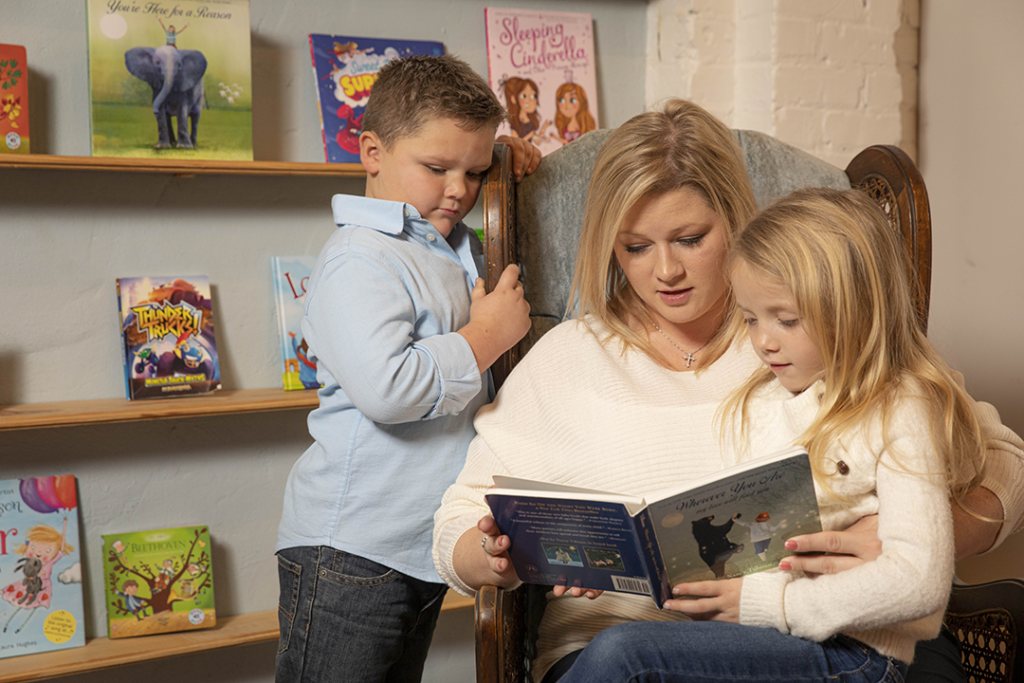
“The NICU can be disconcerting because of all the beeps and alarms and noises going off,” Doyle said, “but after a while, you realize you don’t have to worry about every little sound.”
The Smiths describe the day that Pam was discharged from the hospital as one of the most difficult days of their lives. While Doyle remained stoic, Pam struggled emotionally to separate from the twins. “When I’d first heard about the NICU, I thought, ‘There is no way we’re leaving our babies with complete strangers—no way,’” Doyle said, “but when the time came, that thought was far from my mind. I just wanted them to have whatever care they needed.” Pam soon arrived at a realization. “It was so hard to hear that I had to leave, but my kids had to stay there,” she said. “Every bad thought you could possibly have runs through your mind. I was so scared.” Pam remembers how a nurse named Ashley gave her the encouragement she needed to go home and rest. “She said, ‘They’re good, Mama. I got your babies,’” Pam said, “and I realized they were in the absolute best place for them right now.”
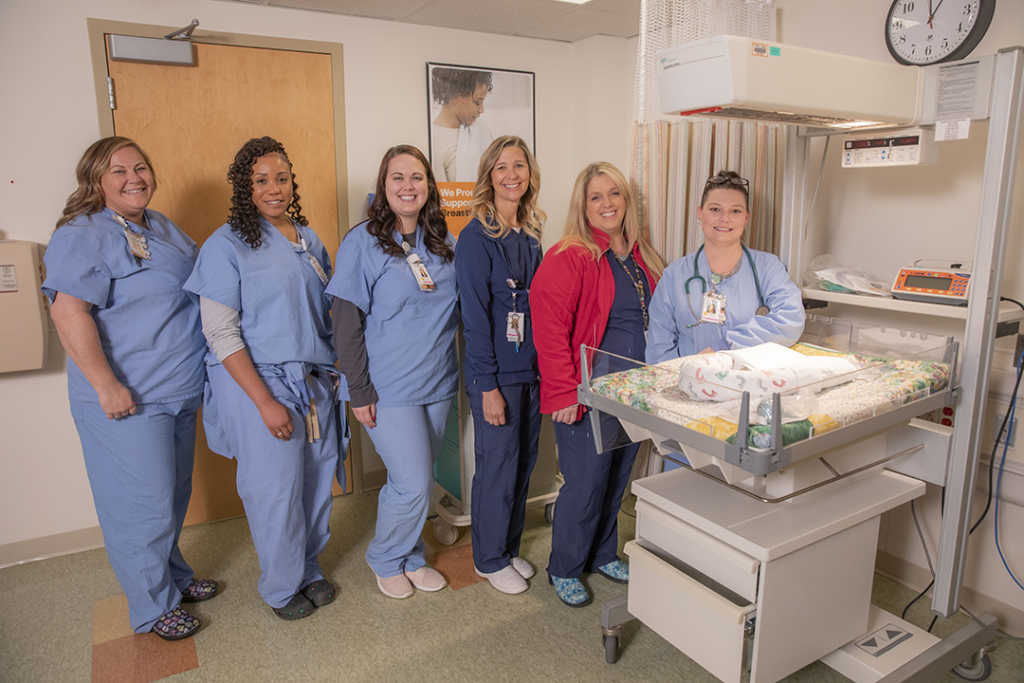
Pam returned a few hours after being discharged from the hospital to bring pumped breastmilk to her babies. Going back home to her husband and older son, Bo, was somewhat easier once she witnessed the careful attention the twins received.
“The nurses never sit down,” Pam said with a laugh. “Their first concern is the babies. Any alarm beeps, any movement, the nurses are right there to respond. They are angels, the way they love these babies.”
While they were away from the NICU, the Smiths appreciated how well the nurses kept them updated on the twins’ daily activities. “They would call and tell you everything,” Doyle said, “from how much they ate to whether they had a BM.” Pam agreed. “I wish everyone could feel the way they made us feel,” she said. “I call them their second mothers.” Although Trip’s breathing seemed normal at birth, he was diagnosed with a heart disorder called bradycardia. “Trip’s pulmonary system would just stop,” Pam said. “He had to have at least 24 hours with no episodes before they would release him to go home.” Both babies also required light therapy to treat jaundice. Cassie was allowed to come home after nine days in the NICU, while Trip remained in the unit for 16 days. “That day Ashley called and jokingly said, ‘I need you to come get your baby, please,’” Pam said, “I was so happy.”
NICU staff members still remember the Smith family fondly and continue to provide patients with the same personal attention the Smiths experienced. Beth Timberlake, director of women’s services at Piedmont Newton, made it a point to emphasize that enjoying a hometown feel does not mean giving up access to state-of-the-art technology.
“We want women to know that we can give the best quality care without having to go into Atlanta,” she said. “Our nurses are highly trained throughout Piedmont’s hospital system. Our nurses know the women coming through these doors; many live in this community. Our Level II NICU can stabilize infants born at 32 weeks or greater. We provide oxygen therapy, antibiotic therapy and other care needed to stabilize babies born early.”
The Smith twins are now 5 years old. Trip’s overall health remains good, but Cassie still struggles to maintain normal blood-oxygen levels whenever she has a cold or other illness.
“They definitely have that twin bond,” Pam said. “Trip is all boy, but he will stop what he’s doing and go check on Cassie before going back to playing. They are best friends.”
Click here to read more stories by Kari Apted.

